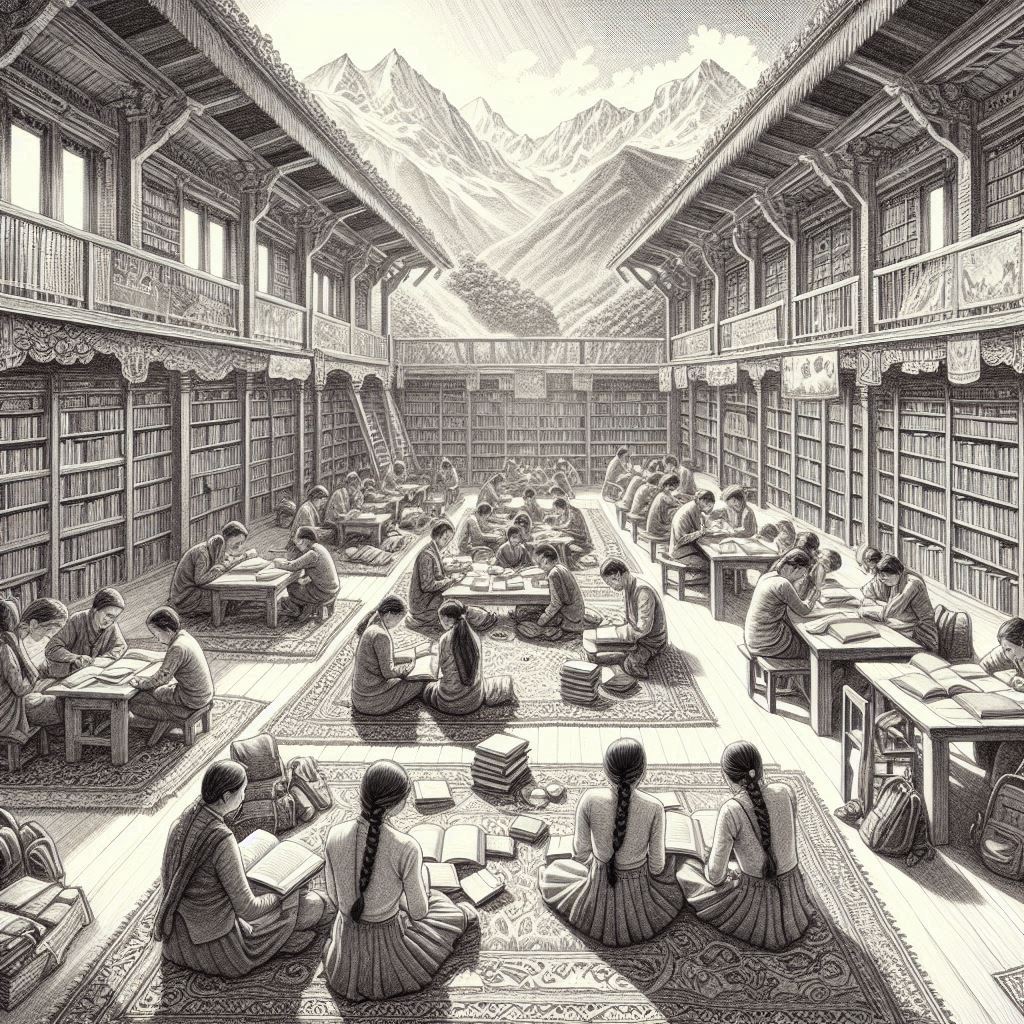
In Nepal, access to free books is facilitated through various initiatives, libraries, and online platforms. In this article we introduce some of the organizations and institutions that are geneunly working in the field of education.
1. Nepal National Library
The Nepal National Library in Kathmandu is a key institution providing free access to a vast collection of books. It houses over 84,000 volumes, including a significant number of Nepali, English, and Hindi titles. The library serves as a vital resource for students, researchers, and the public.
The library’s history begins with the establishment of the Kesar Library in 1955, which was created to house the personal book collection donated by Kesar Singh Pradhan, a noted scholar. This initial collection included valuable and rare books that formed the core of what would become the National Library.
In 1957, the Nepal National Library was officially established, initially housed in the Singha Durbar complex, which was the center of governmental administration. The library’s mission was to collect, preserve, and provide access to books, manuscripts, and other documents of national importance.
In 1961, the library moved to Harihar Bhawan in Pulchowk, Lalitpur. This historic Rana-era building offered more space for the library’s growing collection and services. Harihar Bhawan, with its architectural and historical significance, provided a fitting home for the library, allowing it to expand its holdings and better serve the public. The library’s collections grew to include books, newspapers, periodicals, manuscripts, maps, and more, with a strong focus on materials related to Nepalese history, culture, and literature.
In recent years, the Nepal National Library has focused on modernization, particularly through the digitalization of its collections. This involves converting physical documents into digital formats to preserve the original materials and enhance accessibility. Some of these digital collections are now available online, allowing broader access to the library’s resources. This digitalization effort is part of the library’s broader strategy to modernize its services and facilities.
2. Room to Read
Room to Read is an international NGO that operates in Nepal, focusing on literacy and gender equality in education. The organization has established over 5,000 libraries across Nepal, stocked with a variety of children’s books in both Nepali and English. These libraries offer free access to books and support literacy development among young students.
Room to Read is a global non-profit organization that has made a significant impact on education in Nepal, with a focus on literacy and gender equality. Founded in 2000 by former Microsoft executive John Wood, the organization aims to create a world free from illiteracy and gender inequality in education. Room to Read envisions a future where every child has access to quality education, enabling them to reach their full potential and contribute positively to their communities and the world.
In Nepal, Room to Read’s initiatives are centred around two main programs: the Literacy Program and the Girls’ Education Program. These programs address the specific educational challenges faced by children, particularly in rural and underserved areas.
The Literacy Program aims to develop reading skills and foster a love of reading among primary school children. One of the primary components of this program is the establishment of school libraries. Room to Read has set up numerous libraries in schools across Nepal, providing children with access to a wide range of age-appropriate and culturally relevant books. These libraries play a crucial role in enhancing literacy skills by offering regular access to reading materials.
The Girls’ Education Program is designed to support girls in completing secondary school and developing key life skills. This program provides scholarships and material support to girls from low-income families, helping to cover the costs of school fees, uniforms, and other educational expenses. By alleviating financial barriers, Room to Read ensures that more girls can stay in school and continue their education.
Room to Read has made a profound impact on education in Nepal. The organization has established hundreds of libraries and supported thousands of girls through its programs. These efforts have led to improved literacy rates and educational outcomes among the children and communities served.
3. READ Nepal
READ Nepal, is a part of the global READ Global network. It stands for Rural Education and Development. It is a non-profit organization dedicated to empowering rural communities through the establishment of community libraries and resource centers. Since its inception in 1991, READ Nepal has played a significant role in enhancing education, literacy, and community development across Nepal. The organization’s history is rooted in the vision and efforts of its founders, as well as the communities it serves.
READ Nepal was founded in 1991 by Dr. Antonia “Toni” Neubauer, an American educational entrepreneur with a passion for travel and a deep commitment to education. Dr. Neubauer first visited Nepal in the late 1980s while leading educational tours. During her travels, she was struck by the lack of educational resources in rural areas and the profound impact that access to books and education could have on these communities. Moved by the need she observed, Dr. Neubauer decided to take action. She established READ Global with the goal of creating sustainable library and resource centers that would serve as community hubs for education and development. Nepal became the first country to implement this vision, leading to the creation of READ Nepal.
The first READ library was established in the village of Junbesi, in the Solukhumbu district, in 1991. This library set the standard for future READ libraries, combining access to books with community resources and training programs. The success of the Junbesi library demonstrated the potential impact of READ’s model and paved the way for the expansion of the program across Nepal.
Throughout the 1990s and 2000s, READ Nepal expanded its network of libraries and resource centers. By working closely with local communities, READ Nepal ensured that each library was tailored to meet the specific needs of its users. The organization also integrated economic empowerment initiatives, such as income-generating projects, to support the sustainability of the libraries.
Since its founding, READ Nepal has established over 60 community libraries and resource centers across the country. These centers have become vital parts of their communities, offering a safe space for learning and personal development. The organization’s holistic approach has led to significant improvements in literacy rates, educational outcomes, and economic conditions in the areas it serves.
4. Open Library Nepal
Open Library Nepal is an influential non-profit organization dedicated to enhancing access to information, education, and knowledge in Nepal. It was founded in 2015 by a group of individuals who recognized the profound need for accessible educational resources in Nepal. The founding team included Dr. Raju Adhikari, a scientist and education advocate; Keshav Raj Aryal, a librarian with a deep commitment to literacy; and a group of dedicated volunteers from various professional backgrounds. Their shared vision was to create an organization that could provide free access to books and educational materials, thereby empowering communities through knowledge.
In 2015, Open Library Nepal established its first public library in Kathmandu. This library served as a pilot project to test the organization’s model of providing free access to books, educational materials, and digital resources. The success of this initial library demonstrated the feasibility and impact of the project, leading to further expansion.
Building on the success of its initial projects, Open Library Nepal expanded its reach to rural and underserved areas. The organization established libraries in various regions across Nepal, ensuring that even remote communities could benefit from its resources. This expansion was made possible through partnerships with local governments, community organizations, and international donors.
Recognizing the importance of digital literacy in the 21st century, Open Library Nepal integrated digital resource centers into its libraries. These centers are equipped with computers and internet access, providing community members with the tools and skills needed to navigate the digital world. This initiative has been particularly beneficial in rural areas, where access to technology is often limited.
Since its inception, Open Library Nepal has made a significant impact on education and literacy in the country. The organization has established multiple libraries and digital resource centers, providing free access to a vast collection of books, educational materials, and digital resources. These libraries have become vital community hubs, fostering a love of reading and learning among people of all ages.



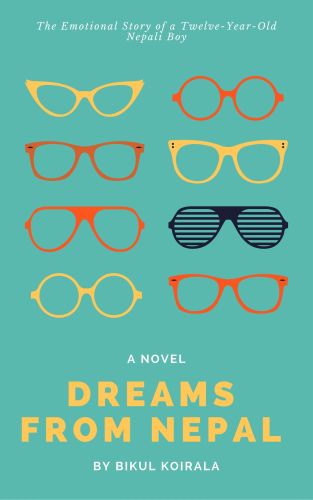
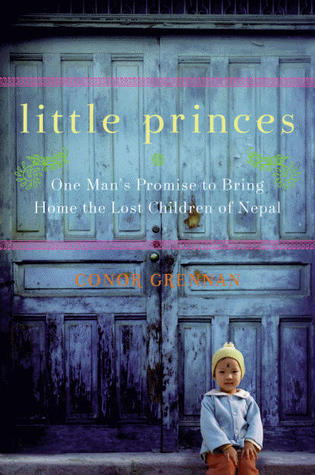
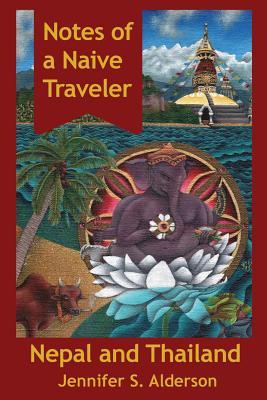
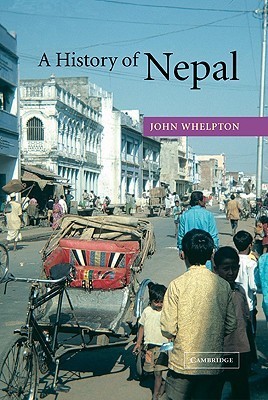
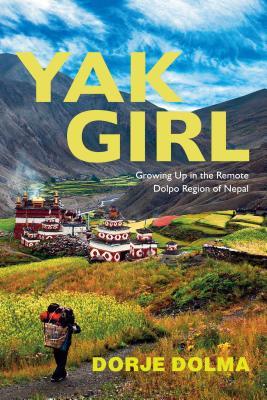
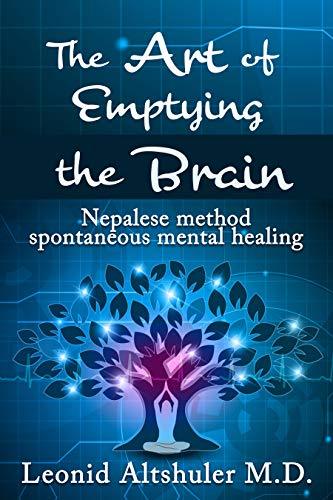


तपाईको बिचार
X22anypE
2024-08-05 08:18:16
Hey people!!!!! Good mood and good luck to everyone!!!!!